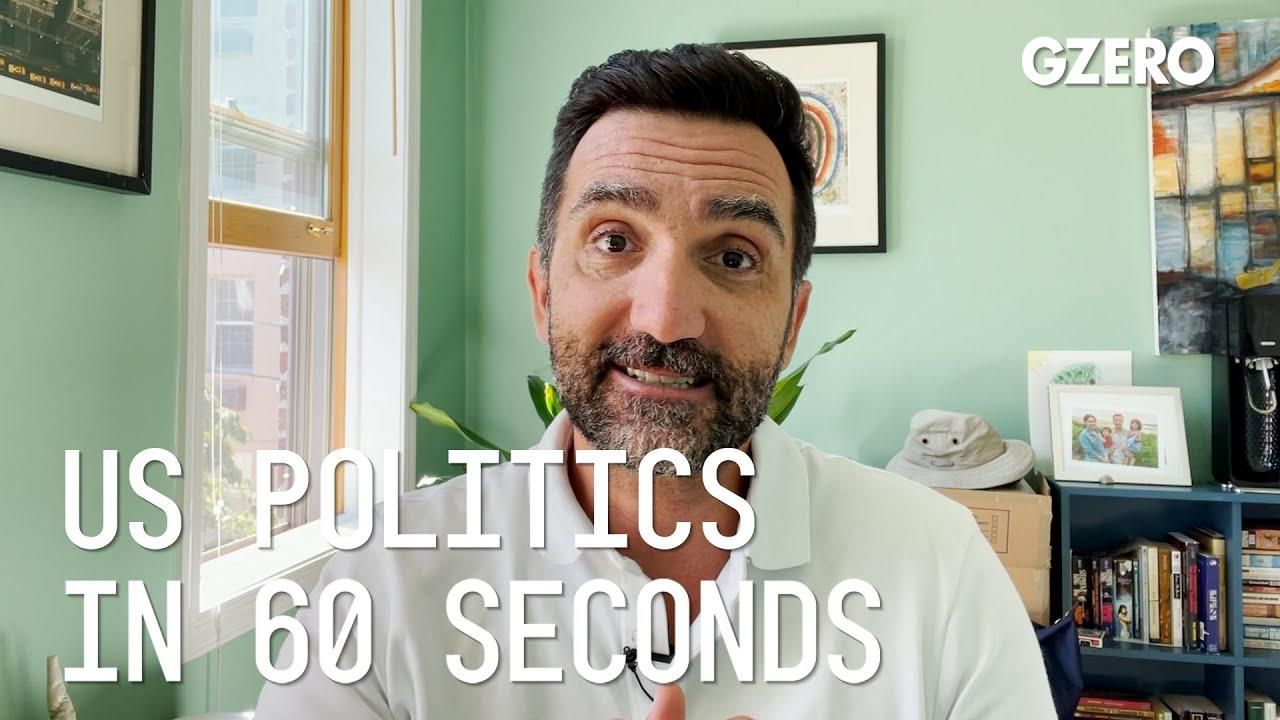
Jon Lieber, head of Eurasia Group's coverage of political and policy developments in Washington, shares insights on US politics:
What does the disappointing jobs number mean for the Democrats' agenda?
Well, payroll employment in August came in well under expectations with under 300,000 jobs created. This is in contrast to the last several months, which really saw a torrid pace of job creation as the US started to recover from the pandemic and restrictions were lifted. With new mask mandates and the Delta variant spreading, Americans are slowing down their pace of activity and slowing down spending, which means you could see more economic volatility in the next couple of months. At the same time, Democrats are attempting to find consensus around a major new spending initiative, which would spend up to $3.5 half trillion over the next 10 years. This initiative isn't really about coronavirus pandemic recovery, or even stimulus, it's about expanding the size and scope of government for increased transfer payments and increased subsidies for education services and healthcare and also, of course, on infrastructure. The slowing jobs growth creates more fiscal space for Democrats to borrow more, and that's a real sticking point because you have moderates like Senator Joe Manchin from West Virginia, who says the US is already at their borrowing limit and shouldn't be borrowing more to spend money. This is going to be the major storyline in Washington for the next several months because it's also probably going to be the last big initiative of the Biden administration before the midterm elections next year.
Two top FDA vaccine regulators are about to leave this fall. How will this influence the vaccine rollout?
Well, the FDA has really struggled over the last year with vaccines and with the coronavirus pandemic. There's been mistakes and missteps along the way between the FDA and the Center for Disease Control, both around messaging, the science around the pandemic, and on things like testing kits, where there's been major screw-ups by the federal government. The two top vaccine regulators at the FDA announced they're going to leave, supposedly, according to some reports, because they felt like they were under political pressure to approve booster shots. The White House has said they plan on doing booster shots. They've already authorized them for people who have underlying conditions that make them more vulnerable. These two regulators leaving is just another bump in the road for the FDA. It's going to take a long time for the American health agencies to recover their credibility